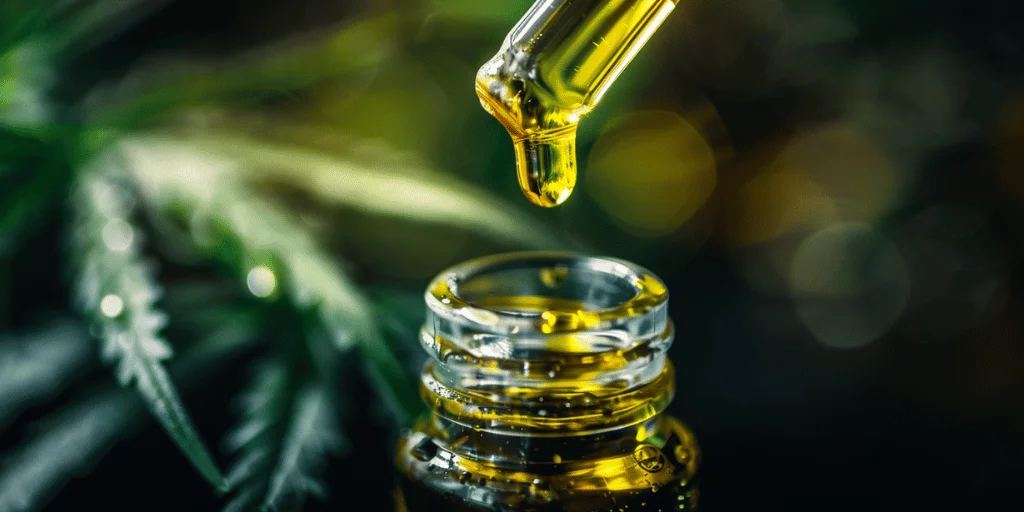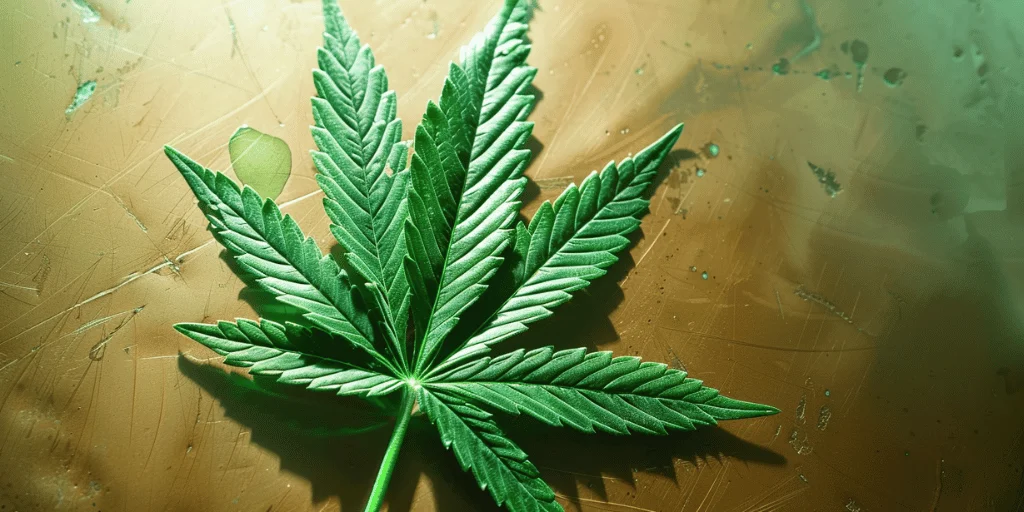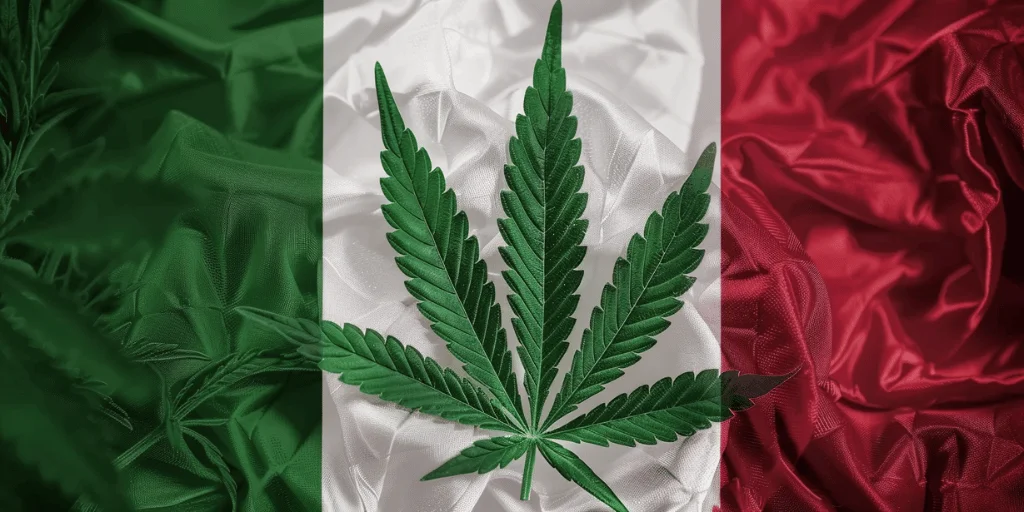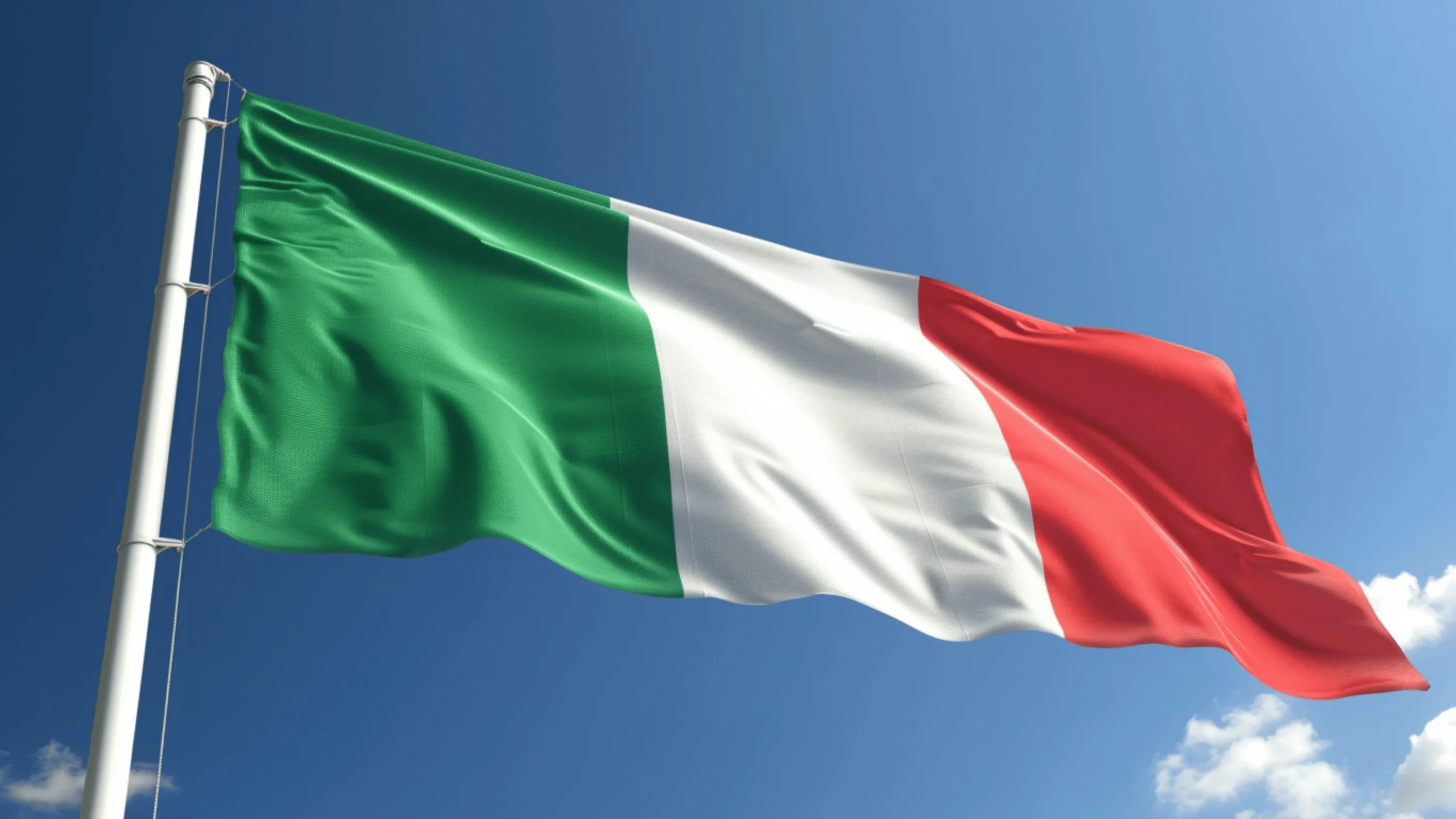Is CBD legal in Italy? The short answer is yes, CBD oil and “Cannabis light” are legal in Italy as long as the THC content remains below 0.6%. While CBD edibles are restricted by Novel Food regulations, CBD oils and topicals are widely available. Wonder what “Cannabis light” is? Keep on reading.
Italy has a generally permissive attitude on CBD products, allowing the use and sale of CBD oil and other related products. This positive legal environment has determined fast growth in the CBD industry, creating great opportunities for CBD businesses to enter the market.
However, navigating the legal environment requires a deep understanding of specific differences between terms like marijuana, hemp, and “Cannabis Light”, which have different legal implications in Italy. Given the frequent regulatory changes in Italy, staying informed on legal developments is important for any CBD business. Despite the country’s occasionally slow and confusing administration, the expanding market offers possibilities for those willing to understand the complexity of the legal system and adapt to evolving regulations.
Are cannabinoids legal in Italy?
Italy has a somewhat tolerant attitude on cannabis and CBD, which positions it as one of the more relaxed markets in Europe. The country has decriminalized the possession of THC-containing cannabis in small quantities (up to 1.5 grams). When it comes to cannabinoids like CBD, Italy follows general EU regulations, allowing the import and sale of cannabinoid products as long as they are produced within the EU. While most countries in Europe have a THC threshold of no more than 0.2%, in Italy it is 0.6%. This threshold makes it easier for CBD businesses to develop and sell CBD products that comply with both national and EU laws. Additionally, Italy’s acceptance of other cannabinoids, such as CBD and CBG, ensures a supportive environment for businesses.
However, Italy’s medical cannabis market faces unique challenges, as the entire supply chain is controlled by the government, leading to supply issues. Despite these difficulties, the overall attitude towards cannabis, hemp and its derivatives, including CBD, remains relaxed, meaning great opportunities for businesses in Italy’s growing CBD market.

Which cannabinoids are legal in Italy?
The legal status of cannabinoids in Italy is both progressive and complex. Recently, Italy introduced a category called “Cannabis light,” referring to hemp products that contain less than 0.2% THC, a limit that has now been raised to 0.3%. This legalization aimed to create opportunities for the hemp industry, allowing retailers to sell low-THC products freely. However, the fast growth of this market led to complications. Some retailers pushed the boundaries by selling products that exceeded the legal THC limit or using unapproved hemp strains, which triggered regulatory inspection.
Despite this, the general attitude on non-THC cannabinoids like CBD and CBG remains favorable. As long as these products adhere to the 0.6% THC limit, they are legal for import and sale in Italy. Interestingly, CBD and CBG are not classified under “Cannabis light” and do not need to come from approved hemp strains.
History of hemp in Italy
Hemp cultivation has deep historical roots in Italy, dating back to as early as 1000 BC, when the Ancient Romans began growing the plant for various uses, including textiles, medicine, and spiritual practices. Archaeological findings indicate that hemp was an integral part of Roman agriculture, with figures like Pliny the Elder documenting its cultivation and uses broadly. Hemp was sown in the spring, harvested in the autumn, and dried through natural or artificial means, such as wind or fire.
Even after the fall of the Roman Empire, hemp continued to play an important role in Italy’s economy during the period of the merchant republics, who used hemp to make sailcloth for their Mediterranean voyages. The use of hemp persisted through Italian Unification, however, the global War on Drugs led to a temporary decline in hemp’s popularity in Italy. Despite this, the Italian public’s interest in the plant has grown in recent years, particularly with the growing recognition of the medicinal benefits of cannabinoids like CBD.
The legal status of CBD
At first, Italy set a THC limit for “Cannabis light” products at 0.2%. This threshold has since been raised to 0.6%, making various CBD products legal throughout the country as long as they comply with this regulation. CBD oil derived from cannabis with higher THC content can only be sold in pharmacies and requires a prescription.
However, CBD oil made from hemp, which contains low levels of THC, is legal and can be freely sold across Italy. This legal framework provides flexibility for CBD businesses, allowing them to sell CBD products as long as they remain within the 0.6% THC limit. The higher tolerance for THC content in Italy, compared to many other European nations, provides a competitive edge for businesses in the CBD market, leading to a broader range of products and offerings for consumers seeking the therapeutic benefits of CBD.

The legality of THC
In Italy, as in most other countries, the difference between decriminalization and legalization is important in understanding the country’s cannabis laws. Possession of up to 1.5 grams of THC-rich cannabis is decriminalized, meaning that while it is not technically legal, individuals caught with small amounts are not subject to arrest or fines. For larger quantities, fines may apply, and repeat offenses can lead to jail time.
This legal enforcement reflects Italy’s evolving views on cannabis, particularly with the rise of its medical cannabis industry. Interestingly, the Italian government manages the medical cannabis supply chain, further demonstrating the unique approach Italy has taken toward regulating the plant. However, it’s important to remember that, despite these measures, cannabis remains illegal in Italy. The decriminalization of small amounts should not be confused with full legalization, and violating the law beyond minor infractions can result in significant legal consequences.
The legality of CBG
While much of the focus in Italy has been on CBD and THC, the lesser-known cannabinoid cannabigerol (CBG) is also beginning to capture attention. Italian law has not explicitly addressed CBG, but as long as CBG products contain less than 0.3% THC, they are likely to face few legal challenges in the marketplace. This lack of regulation opens up an opportunity for entrepreneurs to introduce CBG products to Italian consumers.
The Italian market, already impressed by the benefits of cannabinoids like CBD, is increasingly open-minded to exploring new cannabinoids with potential therapeutic effects. CBG is gaining recognition for its potential anti-inflammatory, antibacterial, and neuroprotective properties, making it a promising addition to the cannabinoid product landscape. With Italy’s growing interest in alternative cannabinoids, CBG oil could offer a unique selling point for businesses looking to differentiate themselves in the competitive CBD industry.
New decree of Italian Ministry of Health
In 2023, the Italian CBD industry faced a significant legal challenge when the Ministry of Health attempted to classify CBD as a narcotic substance. On August 21, 2023, a new decree was published that aimed to cancel the suspension of a 2020 decree, which would have placed “compositions for oral administration of cannabidiol obtained from cannabis extracts” in the same legal category as THC. This classification would have restricted CBD oil to pharmacies, only accessible with a prescription.
The initial 2020 decree faced significant pushback from the Italian CBD industry, leading to its suspension. However, the new decree under Giorgia Meloni’s government sought to reinstate these restrictions. Fortunately for businesses, the Lazio Regional Administrative Court suspended the decree following an appeal, allowing the commercialization of CBD to continue. While this legal battle highlights the variability of Italy’s CBD regulations, the court’s decision confirms the current legal status of CBD, providing an opportunity for businesses to continue operating in the Italian CBD market.

Hemp Industry restrictions
The Italian CBD industry has faced significant pushback following the government’s attempts to classify CBD as a narcotic substance, a move seen as lacking scientific basis by many, including the Cannabis Sativa Italia (CSI). CSI argued that the proposed decree would have serious consequences for businesses involved in the production, processing, and sale of CBD-based hemp extracts.
Contrary to WHO recommendations, the decree would establish a definite drug registration process with the Ministry of Health for CBD products, despite CBD being widely regarded as a substance with minimal risk. This effort follows a series of attempts by Giorgia Meloni’s government to tighten regulations on hemp-related products.
Earlier in 2023, an Italian court overturned a decree that classified hemp leaves and flowers as narcotics, and efforts to extend tobacco laws to low-THC “Cannabis light” were quickly withdrawn after facing industry resistance. Additionally, at the 2023 Canapa Mundi festival, a major event for the hemp industry, police conducted raids, issuing fines to participating businesses. These actions, framed by the government as part of an awareness campaign for commercial operations, are seen by many as a broader effort to suppress the growing “Cannabis light” and CBD markets in Italy.
Latest legal developments
In May 2024, the Italian government introduced a change to its safety bill, aiming to establish stricter regulations on the cultivation and sale of hemp derivatives, even those with THC levels lower than 0.2%. If passed, this amendment would treat “Light cannabis”, which contains less than 0.2% THC, similarly to cannabis with higher THC levels. This move would extremely impact the growing CBD industry in Italy, where low-THC hemp products have been legal and widely available.
In addition, a sub-amendment proposed in late May seeks to further restrict the industry by prohibiting the use of any hemp-related imagery, including stylized forms, in advertisements or promotional materials. Failure to comply with this regulation could result in severe penalties, including imprisonment for up to two years and fines as high as €20,000. Both the amendment and the sub-amendment are currently under review by the Constitutional Affairs and Justice Committees in the Italian Parliament, with discussions and voting expected in the near future. For CBD market entrants, these potential legal changes signal a need for close monitoring of Italy’s evolving regulatory environment.
Operating a CBD business in Italy
CBD oil and related CBD products are widely available in Italy, both online and in retail stores. However, businesses looking forward to managing a CBD business in Italy must handle the regulatory landscape carefully to ensure compliance with local laws. One of the most important considerations is partnering with accredited suppliers who prioritize legal compliance. Hempo Solutions specializes in white label CBD, private label CBD and bulk CBD. We can offer you wholesale partnerships with a focus on strict loyalty to EU and national regulations, making us ideal partners for CBD businesses looking to operate in Italy.
In Italy, CBD products must contain less than 0.6% THC to be freely sold. Products exceeding this limit are only available in licensed pharmacies with a doctor’s prescription. Therefore, working with a reliable supplier who understands and adheres to these regulations is important for minimizing legal risks. Ensuring that your CBD products meet Italy’s THC limit will help safeguard your business from potential legal issues.

Conclusion
People looking to establish a CBD business in Italy will generally find a favorable legal environment there. However, selling full-spectrum CBD products containing THC requires careful attention to regulations. While CBD is legal, laws regarding the maximum allowed THC concentration, is currently set at 0.6%. To avoid potential legal complications, consulting a legal advisor before importing or selling THC-containing products is highly recommended. Additionally, the European Union’s Novel Food regulation requires approval for certain CBD products, but the approval process has been delayed due to a lack of safety data, according to EFSA.
For businesses entering the Italian CBD market, starting with CBD isolate or broad-spectrum products that are completely THC-free is always a safer bet. These products face fewer regulatory complications and are legal to sell in Italy if they are produced in compliance with EU regulations. Importing THC-containing products from outside the EU, however, requires more caution, as these products are subject to stricter regulations.
In summary, while Italy offers many opportunities for CBD businesses, staying informed about evolving THC regulations and ensuring compliance with both national and EU laws is essential for long-term business success.
